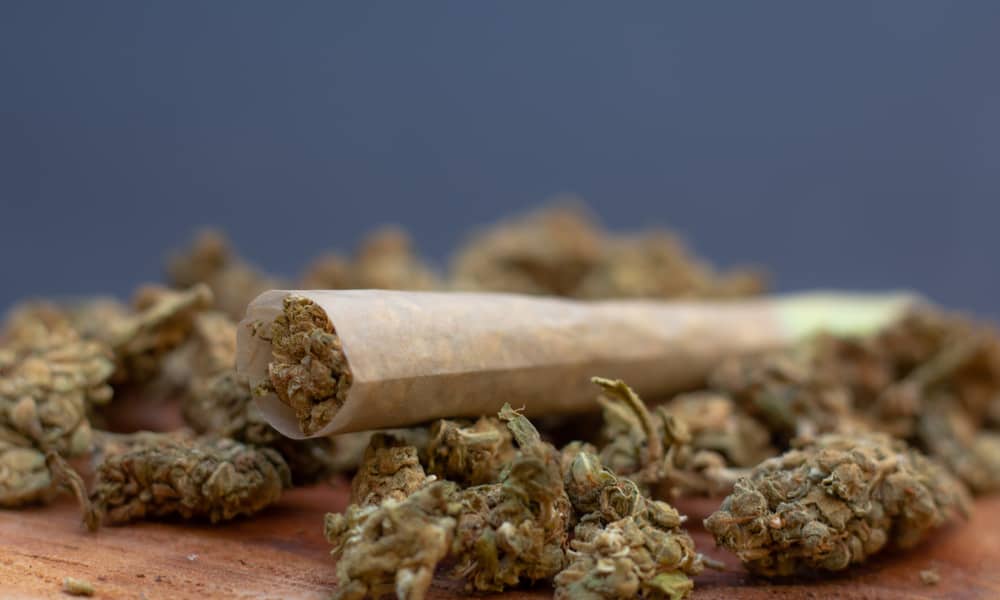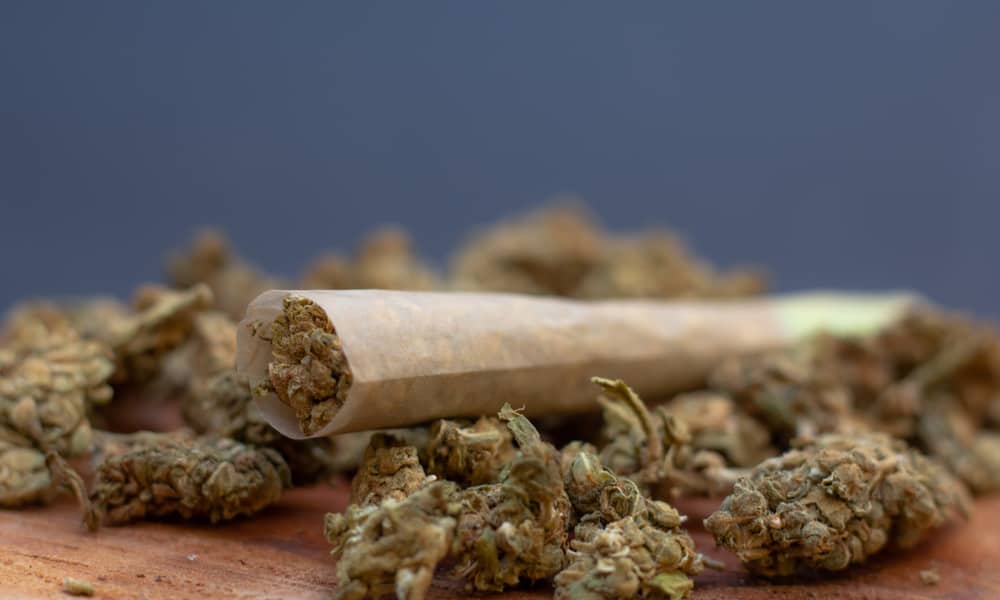
The city of Los Angeles has filed a lawsuit against an unlicensed cannabis dispensary for selling product tainted with dangerous chemicals, according to media reports. At a downtown news conference on Wednesday, City Attorney Mike Feuer indicated that the lawsuit against Kush Club 20 on Central Avenue in South Los Angeles would be followed by others.
“We are opening up a new front in our efforts to effectively enforce the city’s rules regarding marijuana,” Feuer said. “This compliments our criminal efforts in doing so, and we have filed a civil action against multiple business operators, property owners and real estate defendants.”
The city attorney suggested that cannabis users in the city ensure that they are purchasing from a licensed dispensary.
“Customers patronize illegal shops at their peril, and undermine businesses who play by the rules — and whose product is tested to protect buyers’ health,” Feuer warned.
“We apparently as a community care a lot about whether our romaine lettuce is contaminated, and we should. We care a lot about whether we can safely eat at Chipotle,” he added. “Marijuana buyers should at least exercise that same degree of caution.”
Suit Alleges Tainted Product Sold at Unlicensed Dispensary
The lawsuit alleges that Kush Club 20 was operating without a state license and sold cannabis products contaminated with paclobutrazol, a plant growth regulator and fungicide that is banned from use on cannabis in California. The civil action seeks civil penalties of $20,000 per day, which could total more than $7 million because the dispensary has been operating without authorization for more than a year, according to Feuer.
Named in the lawsuit are the property’s owner, 5527 S. Central LLC, and Michael Lerner, its CEO. It also names D/AQ Corporation, known as Daum Commercial Real Estate; Benjamin R. Spinner, an associate vice president at D/AQ Corp.; and James Vu, a vice president of D/AQ Corp., for allegedly leasing the property to Amy Sahadi Diaz.
“We’ve alleged the brokers and the business operators and the property owners knowingly omitted the true use of the property from the lease,” Feuer said. “In this case, the lease says that the use is for a church.”
Spinner told reporters that he believed that the property was going to be used legally.
“We leased this to a tenant who said they were going to go the legal, licensed route, and as soon as we found out it was unlicensed we started the necessary steps to evict them, and that’s all that we know,” he said. “We did everything legal and by the book. We can’t control what the tenant does. They told us they were going to do everything legal.”
“We just did the paperwork, we’re not the owner. We’re just the broker,” Vu said.
City officials have also threatened to shut off the power to unlicensed dispensaries. Ruben Honig, the executive director of the United Cannabis Business Association, a group representing licensed cannabis operators, said his group encouraged action against illicit dispensaries.
“The UCBA and the City Council have been urging the City Attorney about the potential dangers of pesticides in untested products (including Paclobutrazol) and the reckless behavior of landlords who indulge in fraudulent leasing schemes,” Honig said in a statement.











